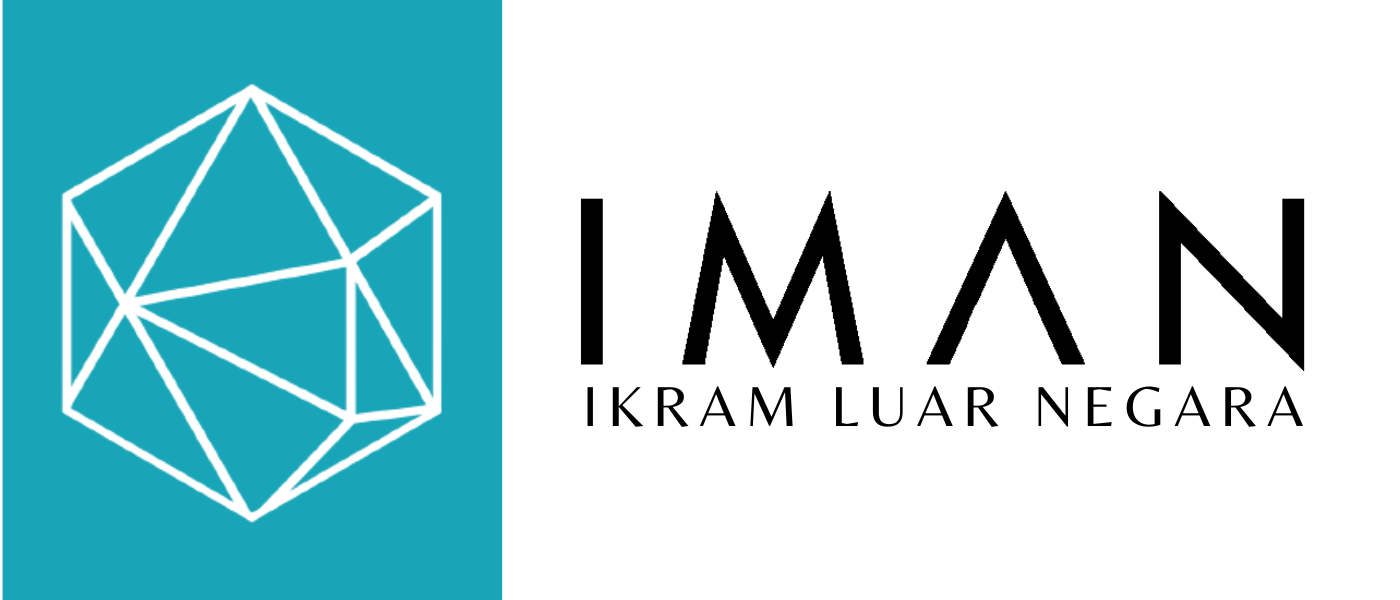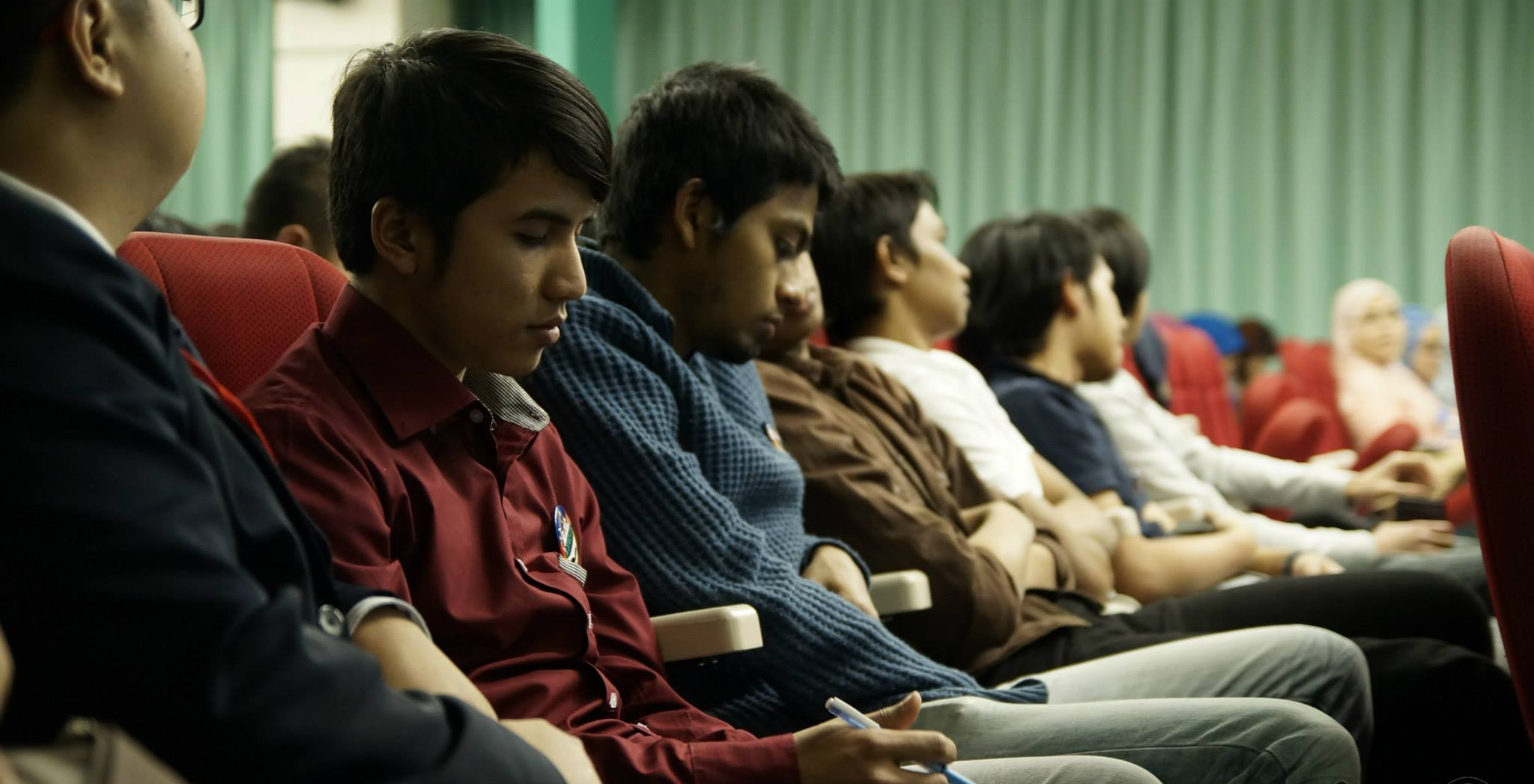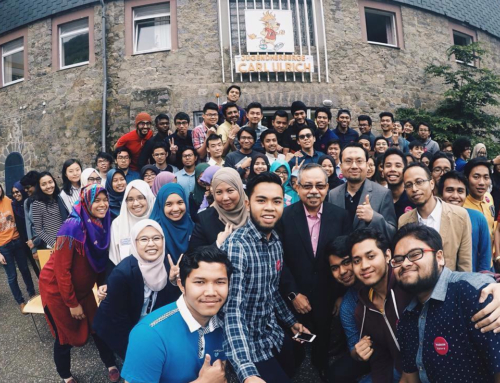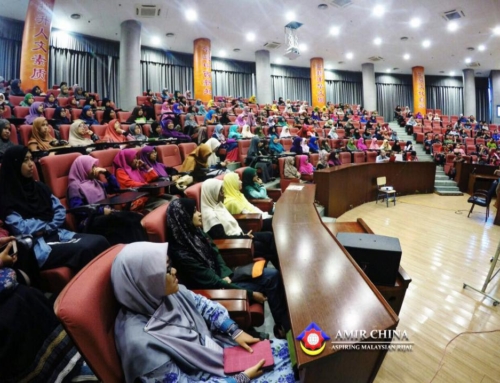In a world characterized by diverse cultures, beliefs, and ideologies, the importance of promoting understanding, dialogue, and unity cannot be overstated. Dawa organizations play a crucial role in fostering these values by engaging in outreach activities and sharing their faith with others. Whether in the context of Islam or any other religious tradition, dawa organizations serve as catalysts for interfaith dialogue, social harmony, and the dissemination of moral and ethical values. This article explores the significance of dawa organizations around the globe and their contributions to building a more inclusive and compassionate world.
- Promoting Religious Understanding:
Dawa organizations act as platforms for promoting religious understanding, particularly in a globalized society where people from various backgrounds interact. By providing accurate and authentic information about their respective faiths, these organizations help dispel misconceptions, stereotypes, and prejudices that often arise from ignorance. They strive to create an environment where individuals can engage in open and respectful dialogue, fostering greater mutual understanding and respect among diverse religious communities.
- Encouraging Interfaith Dialogue:
One of the fundamental roles of dawa organizations is to facilitate interfaith dialogue. Through organized events, conferences, seminars, and workshops, these organizations bring together representatives from different religious traditions to engage in meaningful conversations. Such dialogues promote empathy, bridge gaps, and contribute to building a more harmonious society. By recognizing shared values and common goals, dawa organizations encourage cooperation and collaboration between different faith communities.
- Strengthening Social Cohesion:
Dawa organizations actively work towards fostering social cohesion within their communities and beyond. They engage in various social initiatives, including charitable work, community service, and advocacy for social justice. By addressing societal challenges, such as poverty, inequality, and discrimination, dawa organizations contribute to the betterment of society as a whole. Their efforts demonstrate the compassionate and caring nature of their faith, inspiring others to come together and work towards a more equitable world.
- Sharing Moral and Ethical Values:
Dawa organizations play a vital role in promoting moral and ethical values within their communities. Through educational programs, publications, and public speeches, they articulate the principles and teachings of their faith, emphasizing the importance of virtues such as honesty, integrity, compassion, and justice. By disseminating these values, dawa organizations seek to inspire individuals to lead meaningful lives and make positive contributions to society.
- Cultivating Personal Growth and Development:
Dawa organizations offer guidance and support to individuals seeking spiritual growth and development. They provide resources, mentorship, and educational opportunities to help individuals deepen their understanding of their faith and its practical applications. By nurturing personal growth, dawa organizations empower individuals to become active and responsible members of their communities, promoting a sense of purpose and belonging.
Conclusion:
Dawa organizations have a profound impact on promoting understanding, unity, and positive change in societies around the globe. Through their dedication to interfaith dialogue, social cohesion, moral values, and personal development, these organizations serve as beacons of hope and catalysts for a more inclusive and compassionate world. By fostering understanding, breaking down barriers, and nurturing empathy, dawa organizations contribute to the building of a global community that embraces diversity, celebrates commonalities, and works towards shared goals of peace, justice, and harmony.





Leave A Comment